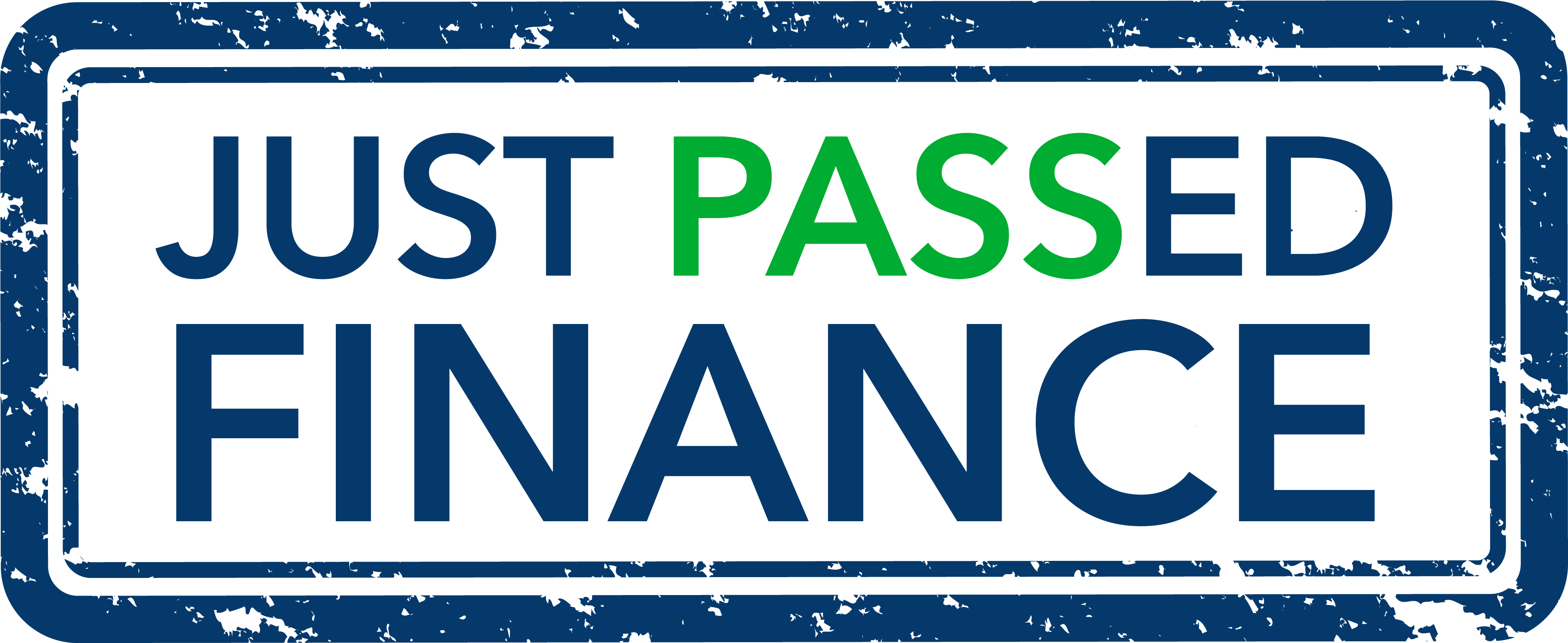The Obstacles of Purchasing a Car for the First Time: A Guide to Navigating Your First Big Purchase
Buying your first car is a major milestone in life. It's a step toward independence, responsibility, and freedom, but it's also a process filled with obstacles. From navigating financing options to finding a reliable vehicle that fits your budget, first-time buyers often encounter a range of challenges. Understanding these potential hurdles and preparing for them can make the car-buying experience less stressful and more rewarding. Let’s dive into the common obstacles you might face when buying your first car—and how to overcome them.
1. The Overwhelming Number of Choices
One of the first challenges many first-time buyers face is simply choosing the right car. The market is filled with a wide range of options, each with its own pros and cons. You might feel overwhelmed by the sheer number of makes, models, and features available, making it hard to know where to start.
Common Struggles:
-
Too many choices: The sheer variety of vehicles can be confusing. Do you need a small city car, a family sedan, or an SUV? Each has its own advantages and disadvantages depending on your needs.
-
Features vs. budget: As a first-time buyer, you might find it difficult to balance features you want (like a sunroof, Bluetooth connectivity, or advanced safety features) with your available budget.
How to Overcome It:
-
Narrow your options: Start by figuring out your primary needs. Do you need a car with a large boot for trips, or are you more focused on fuel efficiency? Make a list of “must-haves” and “nice-to-haves.”
-
Research: Read reviews from other car owners and industry experts. Sites like AutoTrader, WhatCar, and Parkers can help you compare vehicles based on factors such as reliability, running costs, and safety ratings.
2. Understanding Financing Options
One of the most complicated aspects of buying a car for the first time is figuring out how to finance it. Unless you have enough savings to buy the car outright, you’ll likely need to explore financing options such as loans or leasing.
Common Struggles:
-
Credit history: As a first-time buyer, you may not have a strong credit history, which can limit your financing options or lead to higher interest rates.
-
Complex financing terms: Understanding the terms of a car loan can be confusing. Buyers might not fully understand how interest rates, repayment periods, and down payments affect the total cost of the car over time.
How to Overcome It:
-
Check your credit score: Before you start shopping, check your credit score to understand where you stand. If your credit score is low, take steps to improve it (like paying off outstanding debts) before applying for a loan.
-
Compare offers: Don’t just rely on the dealership’s financing options. Look at banks, credit unions, and online lenders to see if you can get a better deal. Always calculate the total cost of the loan, including interest, fees, and monthly payments, before making a decision.
-
Consider a co-signer: If you don’t have a strong credit history, consider asking a family member or friend with a better credit score to co-sign the loan. This could improve your chances of getting approved and may result in a lower interest rate.
3. Affording Your First Car
While the upfront cost of a car is significant, it’s not the only expense you’ll need to consider. Ongoing costs like insurance, road tax, fuel, maintenance, and repairs can quickly add up, often catching first-time buyers off guard.
Common Struggles:
-
High insurance premiums: Insurance for young or first-time drivers can be expensive, especially if you're buying a car that's considered a high-risk vehicle (like a sports car or one with high-performance features).
-
Additional costs: In addition to the price of the car, you’ll need to budget for other expenses like road tax, MOTs, fuel, and regular maintenance (e.g., tires, brakes, and oil changes).
How to Overcome It:
-
Shop around for insurance: Don’t settle for the first insurance quote you receive. Use comparison websites like CompareTheMarket or GoCompare to find the best rates. Consider a car with a smaller engine or lower insurance group to save on premiums.
-
Choose a car with low running costs: While it’s tempting to buy a flashy car, opting for one that’s affordable to maintain and fuel-efficient can save you a lot of money in the long run. Look at cars with a reputation for reliability and low-cost parts.
-
Create a budget: Make sure you account for all the ongoing costs of owning a car before you commit to purchasing one. This includes setting aside money for insurance, fuel, repairs, and unexpected expenses.
4. Avoiding Hidden Fees and Scams
Another challenge for first-time car buyers is the risk of hidden fees or falling victim to scams. Unfortunately, not all dealerships or private sellers are transparent about the true cost of the car.
Common Struggles:
-
Hidden fees: Many buyers don’t realize that the price advertised may not include additional costs like registration, dealer fees, or delivery charges.
-
Private seller scams: Buying from a private seller can be tricky, as there are risks of purchasing a car with undisclosed issues, previous accidents, or an incomplete service history.
How to Overcome It:
-
Read the fine print: Always ask for a detailed breakdown of the costs involved in the purchase. Be wary of add-ons or “optional extras” that are overpriced.
-
Get a vehicle history report: If you’re buying from a private seller, ask for the car’s full history. Services like HPI Check can reveal important details such as outstanding finance, previous accidents, or mileage discrepancies.
-
Have the car inspected: If you're unsure about the car's condition, consider paying for an independent inspection or a mechanic’s assessment before making the purchase. This can help you avoid costly repairs down the line.
5. The Test Drive Dilemma
For many first-time buyers, the test drive is both exciting and nerve-wracking. It’s your chance to evaluate how the car drives, but you may not always know what to look for or how to assess whether it’s the right choice for you.
Common Struggles:
-
Not knowing what to look for: It’s easy to get caught up in the excitement of driving a new car, but it’s essential to stay focused on key aspects like comfort, visibility, handling, and noise levels.
-
Relying too much on first impressions: Some buyers may base their decision on the first test drive without taking time to compare different models or considering long-term comfort and reliability.
How to Overcome It:
-
Prepare for the test drive: Before heading out, make a checklist of things to test, such as the comfort of the seats, visibility from the driver’s seat, ease of driving, and how the car feels on different roads.
-
Take multiple test drives: Don’t settle on the first car you test. Try driving several models to compare them side by side. This will give you a better sense of which one meets your needs best.
6. Navigating the Paperwork and Registration
Once you've selected your car, the paperwork can feel overwhelming. From registering the car with the DVLA (Driver and Vehicle Licensing Agency) to transferring ownership, there are several administrative steps involved that can trip up first-time buyers.
Common Struggles:
-
Complex documentation: Understanding all the legal documents involved in buying a car can be confusing. You might be unfamiliar with things like the V5C (logbook), MOT certificates, and insurance requirements.
-
The paperwork process: If you're buying from a dealer, they will typically handle most of the paperwork for you, but if you’re purchasing privately, you’ll need to manage everything yourself.
How to Overcome It:
-
Ask questions: Don’t hesitate to ask the seller or dealership to explain any paperwork that seems unclear. They should be willing to walk you through the process.
-
Double-check the details: Make sure all the details on the V5C (logbook) match the car, including the VIN (Vehicle Identification Number), the model, and the registration number.
-
Complete the transfer: If you’re buying privately, ensure that you and the seller complete the transfer of ownership through the DVLA and that you receive a receipt for the transaction.
Conclusion
Buying your first car can be an exciting yet challenging experience. From deciding on the right vehicle to securing financing, managing additional costs, and dealing with paperwork, it’s easy to feel overwhelmed. However, with research, preparation, and careful decision-making, you can overcome these obstacles and make a confident, informed purchase. Remember that the key to success is knowing what you want, sticking to your budget, and taking the time to ensure you’re making the right choice for both your immediate and long-term needs.

